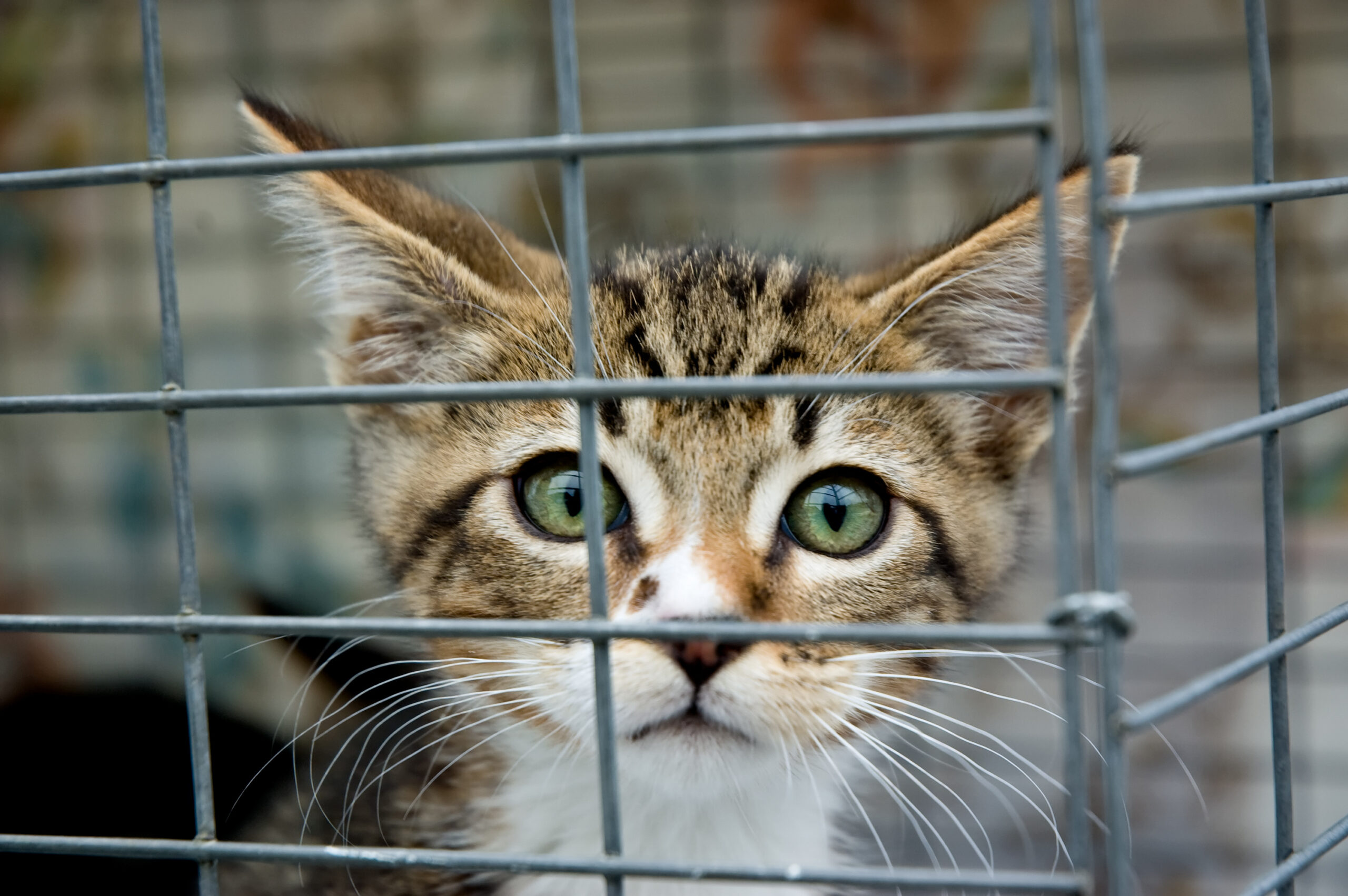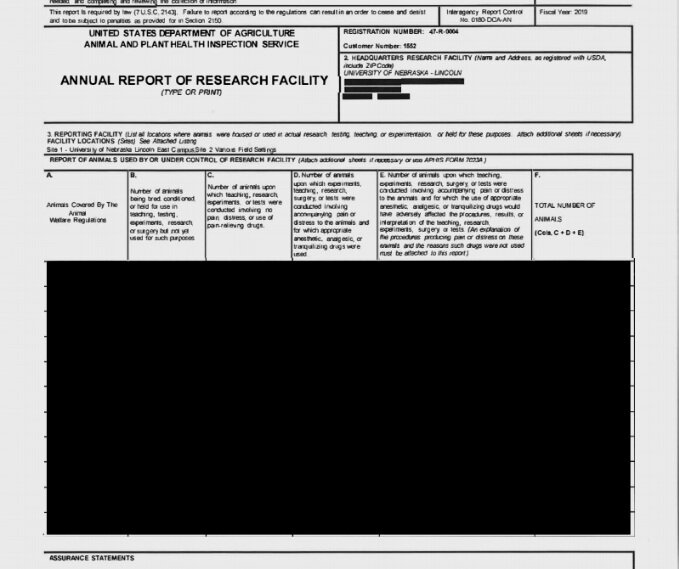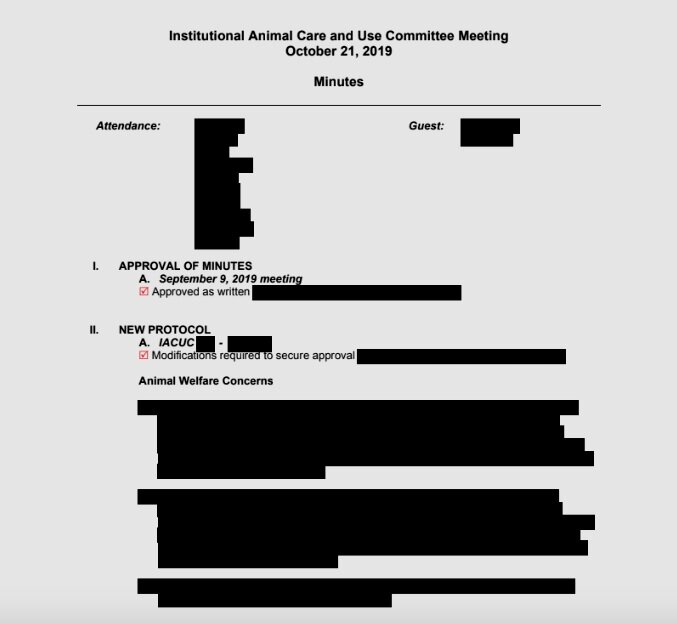
What do you think would happen if everyone knew exactly how much animals suffered inside labs? Like you, they’d rise up and demand change. That’s why the billion-dollar animal experimentation industry fights tooth and nail to keep their abuse in the dark.
Now YOU can flood them with light. You have the power to expose this barbaric industry that’s hurting animals and holding science back. And we’re here to help—by revealing the industry’s secret strategies, so you can fight them:
1. No Windows—Where No One Can See
Laboratories that experiment on animals—and the breeders who supply their helpless test subjects—are intentionally kept out of sight. They’re windowless buildings often behind dense tree lines in remote areas—sometimes even underground. Most people have no idea where animals are suffering in their community.
2. Shoddy “Oversight” with No Transparency
The Animal Welfare Act (AWA) requires a review committee for labs experimenting on AWA-protected animals. Unfortunately, these “oversight” committees are stacked with animal experimenters. Most committee members are employees of the lab they’re supposed to oversee. They give the green light to countless painful and unnecessary experiments. To make matters worse, most of these committees keep their meetings private. Even public facilities, like state universities and federal labs, don’t allow the public into these meetings. What are they trying to hide?
3. You Couldn’t Get In If You Tried
Ever had a tour of an animal experimentation laboratory? Me neither. No one without special access can pass through the doors to see the state and treatment of these animals. Even reputable journalists get denied access. Recently, renowned photojournalist Jo-Anne McArthur, whose work has been featured in publications including National Geographic, The Washington Post, and The Guardian, reached out to UCLA to photograph the 16 monkeys currently held in the university’s lab. She wanted to take part in an upcoming art show that is paying tribute to these 16 monkeys held in the UCLA lab. Since her medium is photography, she needed access inside to have a piece in the show. She was promptly denied.
4. Unreasonable Redactions of Public Records


Federal and state open-records laws are vital to American democracy. They allow us to be well-informed about our government and public institutions. NEAVS utilizes open-records laws to learn and inform lawmakers and animal lovers like you about animal suffering in labs. In the last year, we have received 3,507 records related to nearly 600 different laboratories. Unfortunately, many labs black out whole sections of public records. On top of that, most state laws lack an appeals process to challenge universities that refuse to release records. But we fight back against anti-transparency institutions every chance we get. These documents belong to the people, in their entirety.
5. If You Want the Truth, It Will Cost You
What’s worse than redacted records? No records at all. This is the strategy of particularly secretive institutions, like the University of Georgia and Virginia Commonwealth University. They demand NEAVS pay ten times the reasonable amount for basic records they have on hand. Thousands of dollars per request. Their goal? To make us give up. But we never will.
Not when we have your passion on our side.